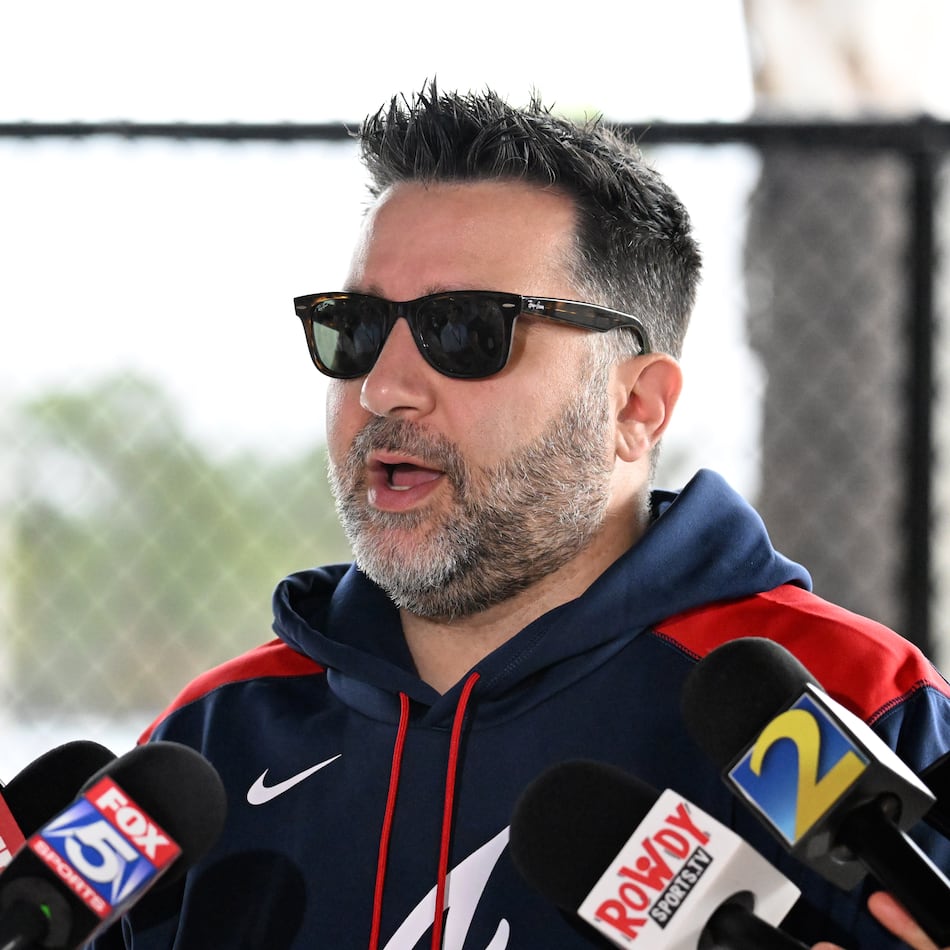National Guard troops recently were deployed to Los Angeles and Washington, and President Donald Trump vows to send troops to Portland, Oregon, Memphis, Tennessee, and Chicago, among other cities.
Everyone, regardless of political affiliation, should be concerned about using troops as domestic police. These reasonable concerns go back to the Declaration of Independence. King George III’s usurpations listed in the Declaration of Independence included using troops independent of and superior to civil authorities without the consent of local officials.
There are several federal statutes that control the deployment of troops. A federal court in California recently ruled the Trump administration violated the Posse Comitatus Act when deploying troops to Los Angeles to quell protests of immigration enforcement.
The recent decision explained the Posse Comitatus Act “was a response to systemic federal military involvement in domestic law enforcement.”
Credit: Hand
Credit: Hand
There is an exception to the Posse Comitatus Act, the Insurrection Act, which allows a president to deploy troops if the governor requests it. For example, in 1992, California’s then-Gov. Pete Wilson asked for military support in response to multiple days of violent riots in Los Angeles following the acquittal of four white police officers charged with beating a Black motorist, Rodney King. Those riots caused approximately $1 billion in property damage with more than 1,000 buildings destroyed or damaged and resulted in 63 deaths.
Court ruled there was no ‘rebellion’ in American cities
In the recent Los Angeles case, the president did not invoke the Insurrection Act and California Gov. Gavin Newsom opposed deployment. The court found the Trump administration deployed troops “ostensibly to quell a rebellion and ensure that federal immigration law was enforced. There were indeed protests in Los Angeles, and some individuals engaged in violence. Yet there was no rebellion, nor was civilian law enforcement unable to respond to the protests and enforce the law.”
The court’s analysis identifies the pivot point for when military troops can and should be deployed unilaterally by any president without a request from the state governor: There needs to be an insurrection, a rebellion.
After the California decision, the president changed course. He threatened to send troops to Chicago (where Illinois Gov. JB Pritzker opposed deployment). Next, the President declared he would deploy troops to Memphis (where Tennessee Gov. Bill Lee agreed to deploy troops). Most recently, the president threatened to send troops to Portland (where Gov. Tina Kotek opposes deployment).
Credit: AP
Credit: AP
The Trump administration is appealing the California decision. Oregon sued the Trump administration to enjoin the deployment of troops in Portland, challenging the use of yet another federal statute that requires one of the following prerequisites to deploy troops:
- Threat of invasion by a foreign nation;
- a rebellion or danger of a rebellion, or
- “the President is unable with the regular forces to execute the laws of the United States.”
The Los Angeles and Portland cases are likely headed to the U.S. Supreme Court, with interim stops at the Ninth U.S. Circuit Court of Appeals. The federal statutes will be interpreted and applied to the facts in each city. For example, do the protests rise to the level of a rebellion, an invasion or an insurrection?
In addition to applying existing federal statutes, the Trump administration relies on a “constitutional exception” to the Posse Comitatus Act. In Los Angeles, troops were instructed they could engage in limited law enforcement actions if they were doing so to protect federal property, personnel or functions. Recently, in Portland, Trump instructed troops to protect federal immigration detention centers.
Most recently, when addressing generals and admirals at Quantico, the president suggested that “we should use some of these dangerous cities as training grounds for our military.” That implies training troops for urban warfare, like in Fallujah, Iraq.
President Eisenhower reminded Americans to respect the rule of law
The danger of using the military as a domestic police force has been a concern since our nation’s founding. The military is trained for war. Local law enforcement, on the other hand, is designed to protect communities and enforce state laws. Recall Kent State University in 1970, where National Guardsmen opened fire on students protesting the Vietnam War, killing four. That tragedy revealed the risks of asking soldiers — trained for combat — to police fellow citizens.
Using troops can have a chilling effect on freedom of speech and the right of assembly guaranteed in the Bill of Rights. That is why the federal statutes put high thresholds on deployment — invasion, insurrection or rebellion.
If you believe in separation of powers and the rule of law, recall the words of President Dwight David Eisenhower: “The world no longer has a choice between force and law; if civilization is to survive, it must choose the rule of law.”
Tony Cochran has been a licensed trial lawyer since 1976, involved in both criminal and civil jury trials in state and federal courts. He is active in the organization Georgia Lawyers for the Rule of Law.
About the Author
Keep Reading
The Latest
Featured





